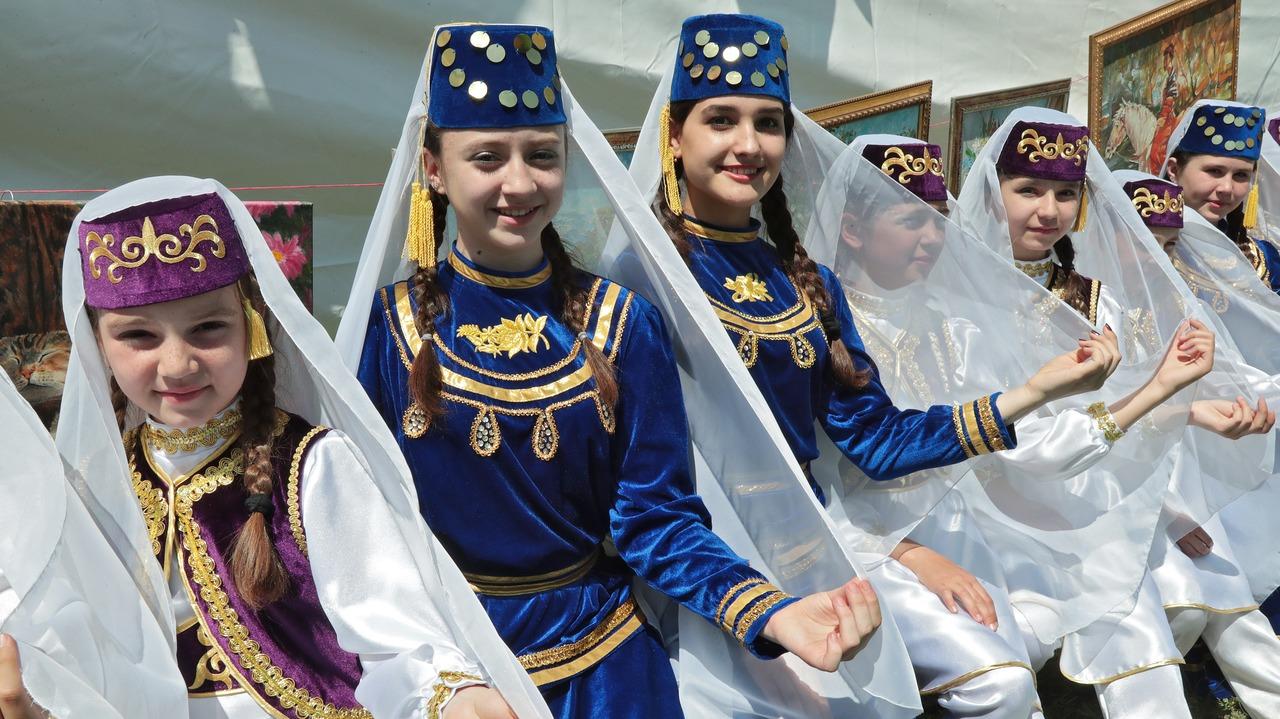Today the world comes together to commemorate the International Day of the World’s Indigenous Peoples

On August 9th every year, the world comes together to commemorate the International Day of the World’s Indigenous Peoples. This day serves as a reminder of the persistent challenges faced by indigenous communities around the globe, while also celebrating their unique cultures, traditions, and contributions. Against a backdrop of historical injustices and an ever-evolving society, this day is a call to action, highlighting the urgent need for the recognition of indigenous rights and self-determination. In 2023, the focus is on the pivotal role of indigenous youth as agents of change, driving progress in climate action, justice, and cultural preservation.
With an estimated 476 million indigenous individuals residing across 90 countries, they form less than 5% of the world’s population. Yet, their rich diversity encompasses 5,000 unique cultures and an overwhelming majority of the world’s languages. This day underscores the undeniable fact that indigenous communities are not just part of history; they are an integral part of our present and future. Many indigenous populations continue to bear the weight of historical injustices resulting from colonization. The violation of their rights has persisted over time, denying them recognition of their identities, way of life, and the right to their ancestral lands and resources. The International Day of the World’s Indigenous Peoples stands as a beacon of hope, calling for the acknowledgment and protection of their distinct cultures and practices.
In recent times, indigenous youth have emerged as a dynamic force, at the forefront of advocating for their rights and envisioning a more sustainable future. Empowered by their deep connection to their heritage and armed with cutting-edge technologies, they are actively contributing to climate action and peacebuilding. These young individuals are not only keeping their traditions alive but are also forging intergenerational connections that bridge the gap between the past and the future.
Within the broader context of indigenous rights, the Crimean Tatars in Ukraine exemplify the challenges faced by indigenous communities. The Crimean Tatars have a rich history and a unique cultural heritage that has endured despite decades of oppression. Displaced from their homeland during World War II and forcibly resettled by Soviet authorities, the Crimean Tatars have faced ongoing struggles for recognition, land rights, and cultural preservation. Their story highlights the importance of safeguarding indigenous rights and the significance of self-determination.
As we commemorate the International Day of the World’s Indigenous Peoples on August 9th, 2023, the theme of “Indigenous youth as agents of change for self-determination” serves as a call to action for acknowledging the pivotal role of indigenous youth. Their contributions to climate action, justice, and cultural preservation are essential for a more inclusive and sustainable world. While we celebrate their resilience and commitment, it is crucial that we continue to advocate for the protection of indigenous rights, the preservation of their unique cultures, and the empowerment of future generations. Let this day remind us that the world’s indigenous peoples are not relics of the past; they are vital participants in shaping our shared future.

